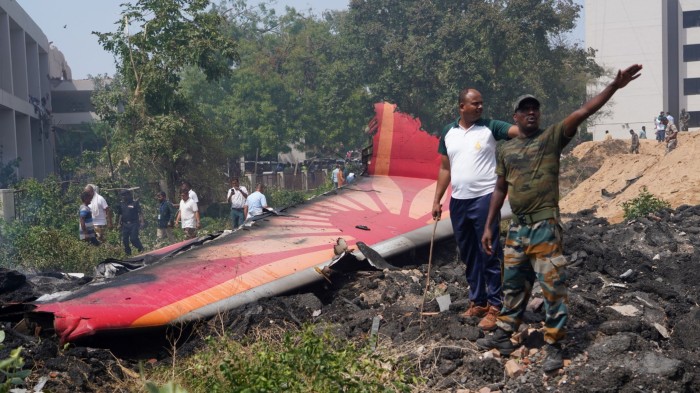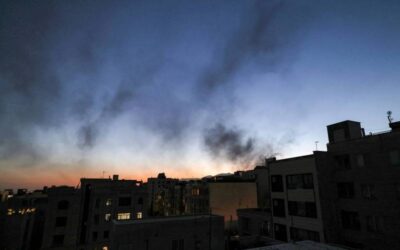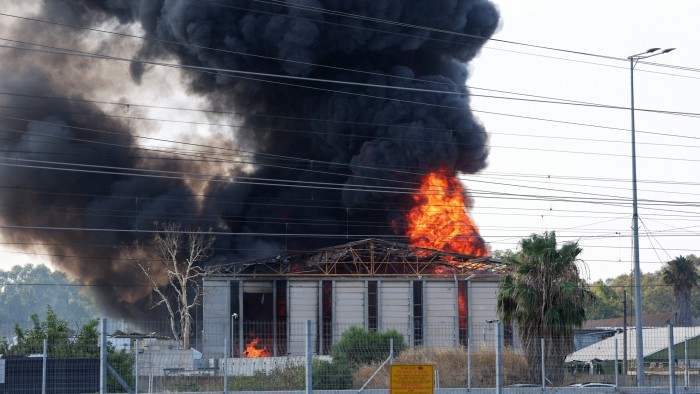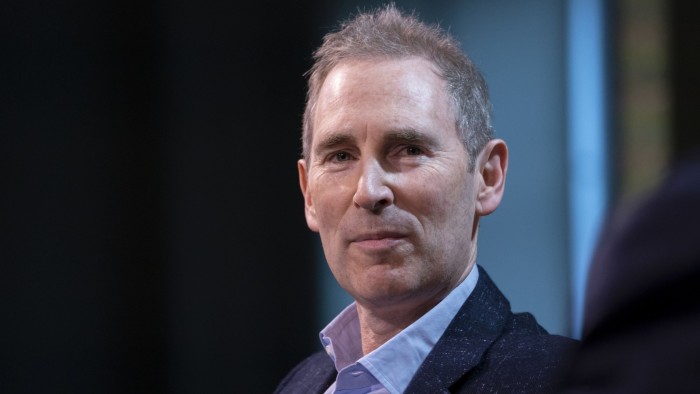Safety checks found ‘no major concerns’ on Air India 787 fleet, says watchdog

Unlock the Editor’s Digest for free
Roula Khalaf, Editor of the FT, selects her favourite stories in this weekly newsletter.
India’s aviation safety regulator has said it has found no “major safety concerns” during inspections of Air India’s Boeing 787 aircraft following Thursday’s fatal crash of a flight from Ahmedabad to London.
The authorities have announced a series of safety measures following the crash immediately after take-off — the first loss of a 787 — that killed all but one of the 242 people on board and tens more on the ground.
The regulator made the statement in a press release following a meeting between officials of the Directorate General of Civil Aviation (DGCA) and senior officials from Air India and its sister airline Air India Express.
Among the measures undertaken were additional pre-flight checks on aircraft and a programme of “enhanced safety inspection”, but these have still not been completed for all of Air India’s 787 aircraft.
“The recent surveillance conducted on Air India’s Boeing 787 fleet did not reveal any major safety concerns,” the statement said. “The aircraft and associated maintenance systems were found to be compliant with existing safety standards.”
The regulator added that 24 of Air India’s 33 remaining 787s had successfully completed the “enhanced safety inspection” mandated after the crash, with another two due to be completed by the end of Tuesday.
The statement made no mention of any preliminary findings of the investigation into last weeks’ crash, which is being undertaken by the DGCA, with assistance from the UK’s Air Accidents Investigation Branch and the US’s National Transportation Safety Board.
Independent experts have raised questions about the position of the plane’s wing flaps, thrust generated by its engines and why its landing gear remained down in the seconds before it crashed.
Boeing’s shares rose following the Indian announcement but then fell to trade slightly down on the day. The shares are still down about 6 per cent since the day before the crash.
Air India declined to comment on the DGCA’s statement.
The 787 has been one of the most commercially successful aircraft in history, with more than 1,175 having been delivered to airlines worldwide since it first flew in 2009. The design introduced a number of innovations, including the use of carbon composites, rather than aluminium, for the fuselage.





